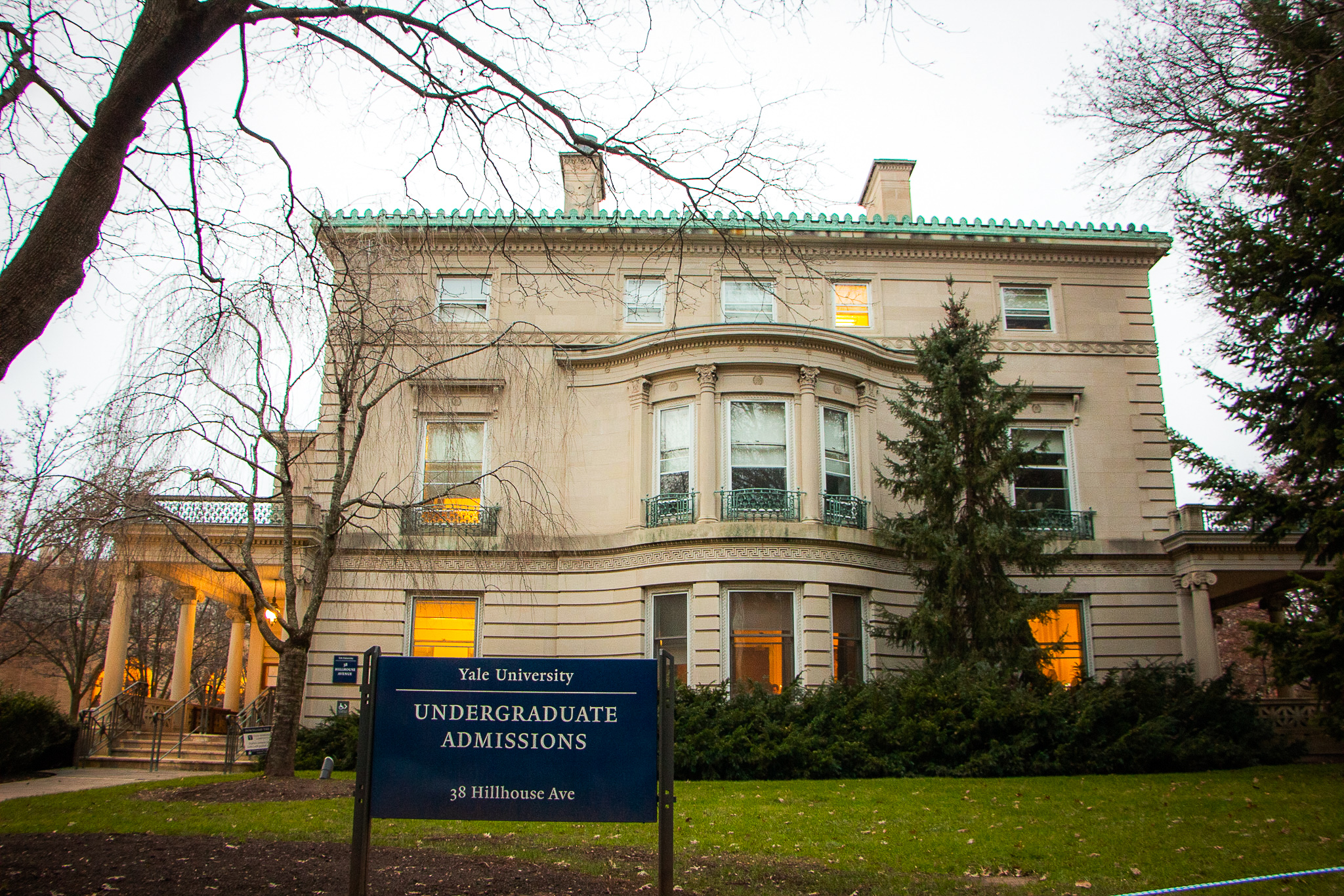
Logan Howard
Since the Department of Justice mandated Yale to change its admissions policies in late August, student groups across campus have spoken out against the DOJ’s ruling.
Multiple student organizations have signed on to two separate statements condemning the ruling. One statement, signed by leaders of the Black Student Alliance at Yale, the Yale Black Women’s Coalition, the Yale Black Men’s Coalition and the Yale Muslim Students Association, called the DOJ’s decision a “destructive attack on equitable education.”
“To participate in a color-blind admissions process, as the Department now expects our university to do, is to discredit the experiences that make academic success on par with other races systematically more difficult for Black students,” the statement wrote. “This makes the Black educational experience materially more challenging.”
Meanwhile, according to Dean of Undergraduate Admissions and Financial Aid Jeremiah Quinlan, the Department of Justice has agreed to postpone Yale’s response to the department’s proposed remedial measures until Sept. 15.
The DOJ stated that this proposal must include a date by which Yale will end its current practices of “race discrimination.”
“We hope to use this extra time to explain why we disagree with the department’s allegation that Yale discriminates in its admissions process,” Quinlan said.
Other statements signed by students, including one signed by members of the Asian American Students Alliance, the South Asian Society, the Yale Queer + Asian and other Asian American Cultural Center affiliate groups, echoed this sentiment.
The statement from the AACC affiliate organizations describes the ruling as a “thinly veiled ploy to use Asian Americans to attack the system of affirmative action, and maintain unequal access to higher education, at the expense of Black, Indigenous, and Latinx individuals.”
“I believe this is an unproductive attempt to employ Asian Americans to attack affirmative action and uphold educational inequality,” said Michelle Liang ’22, co-moderator for AASA. “From the erasure of the nuances of privilege within the Asian American community to the overlooking of MENA students by denying them their own category, the DOJ hinders racial justice rather than addressing ways Yale, and education in general, should address inequity.”
Co-President of BSAY Nina Todd ’22 told the News that the DOJ made “an actively racist choice in their decision.”
The DOJ’s August statement demands that Yale agree not to consider race or national origin in the 2020-21 admissions cycle and that if Yale proposes to consider race or national origin in future admissions cycles, the University must submit a plan that demonstrates the proposal is “as narrowly tailored as required by law.”
In an email sent out to undergraduates, University President Peter Salovey reaffirmed that the college has no plans to adapt its policies in accordance with the department’s demands as the DOJ is “seeking to impose a standard that is inconsistent with existing law.”
“We will continue to look at the whole person when selecting whom to admit among the many thousands of highly qualified applicants,” Salovey wrote. “[We] will continue to create a student body that is rich in a diverse range of ideas, expertise and experiences.”
While Todd applauds Salovey’s defense of Yale’s holistic admissions policy, she noted that the University-wide student body is only around five percent black.
She said this figure is common among Yale’s Ivy League counterparts.
“We and the rest of the Ivy League can always do a better job of identifying and uplifting Black brainpower to open our gates to,” Todd said. “The DOJ statement also mentions Asian Americans, a community in which subgroups struggle with representation. Yale could additionally do very well to disaggregate data for Asian Americans in the admissions process to further consider barriers for underserved communities within the Asian diaspora.”
The department’s findings come after a two-year investigation in response to a 2016 complaint against the University from the Asian American Coalition for Education and 132 other organizations.
Kelly Wei | kelly.wei@yale.edu







